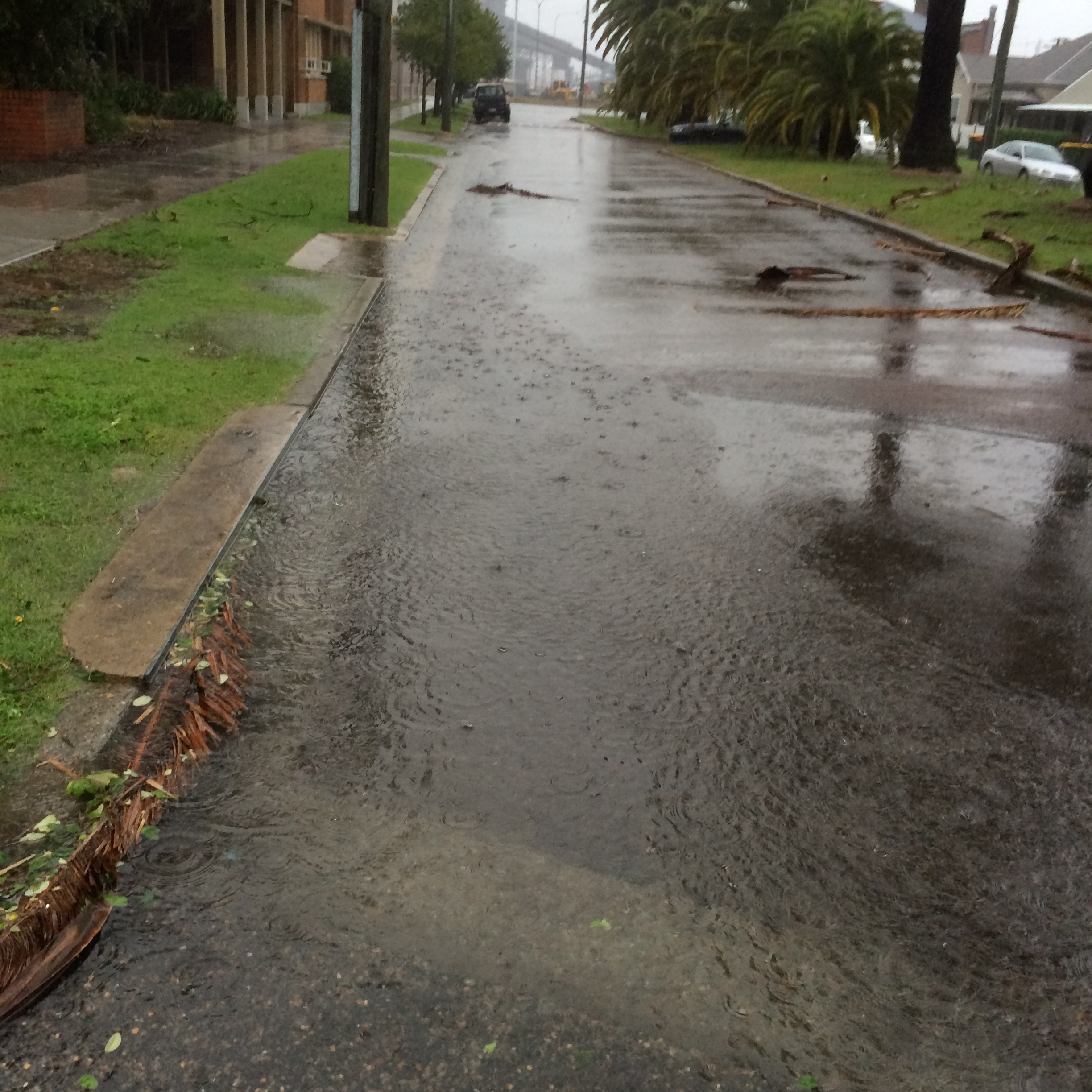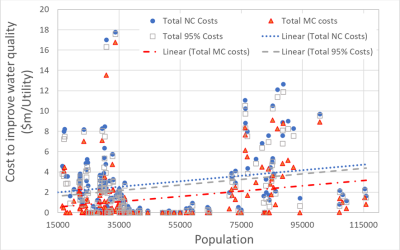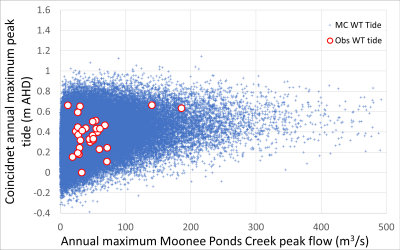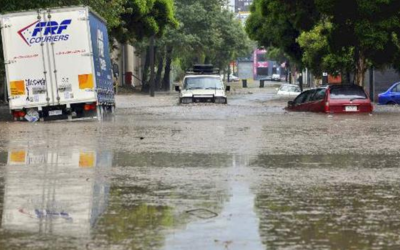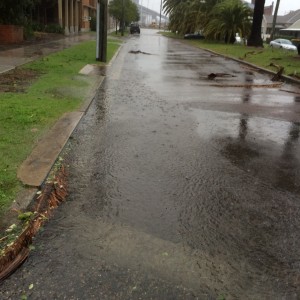
Key insights are provided from analysis of water cycle reform and policy development in the jurisdictions of the New South Wales, Victorian and Australian Capital Territory governments.
Policies and strategies for stormwater management are needed in the context of water cycle and planning systems. It is essential to frame evidence based policy from the “bottom up” using all available data. It is important to integrate all available spatial and temporal scales of behaviour. New policy frameworks are required to integrate rainwater and stormwater harvesting, soil profiles, vegetation, land uses and waterways in town planning processes.
It is a key insight that waterways, land uses and stormwater management are inexorably linked to water cycle and town planning systems and are the foundations of successful water cycle management.
The value of waterway and stormwater management policies and actions are only fully realized from a systems perspective. Analysis of biophysical systems reveals that the behaviors of water cycle systems are cumulative rather than static.
This insight indicates the potential exponential impacts of missed opportunities and a need for ongoing diligence to avoid transferring substantial problems to surrounding communities and future generations. A summary of our submission is:
- Stormwater must be evaluated and managed from the perspective of the entire water cycle to meet whole of society objectives
- Stormwater runoff generated by urban areas is similar or greater than water demands from cities.
- Urban catchments are more efficient than water supply catchments for generating runoff – especially during droughts.
- Stormwater is responsible for significant costs and potential economic savings.
- Traditional “centralized scale” management of stormwater at the bottom of catchments results in cumulative risks within urban catchments.
- Retention of urban stormwater near the source of runoff will improve the livability and amenity of urban settlements. This includes avoidance of damage to property and protection of environments.
- Optimizing the benefits of urban stormwater will require solutions at multiple scales, multiple objective planning and integrated governance.
- There is a requirement for open access to data, expanded monitoring efforts, new science and national standards for the provision of infrastructure to foster innovation.
Submission to Senate Inquiry into the Stormwater Resource in Australia

